
Third Session of 14th National People’s Congress Sets Key Agendas
The third session of the 14th National People’s Congress outlines key agendas, including economic plans, budget reviews, and legal amendments to shape China’s future direction.
News & Insights Across Asia

The third session of the 14th National People’s Congress outlines key agendas, including economic plans, budget reviews, and legal amendments to shape China’s future direction.

China is drafting a Private Economy Promotion Law, marking a significant milestone in the development of its private sector and highlighting the government’s commitment to supporting private enterprises.

China’s NPC Standing Committee concludes its 13th session, adopting key laws, appointing new Minister of Natural Resources, and ratifying extradition treaties, signaling legislative progress and international cooperation.

China’s top legislator, Zhao Leji, urges people’s congresses to fully embrace their role in advancing Chinese modernization, emphasizing the importance of upholding whole-process people’s democracy.

China moves to strengthen legal protections for private enterprises by submitting a draft law for review, aiming to bolster confidence and contribute to economic growth.
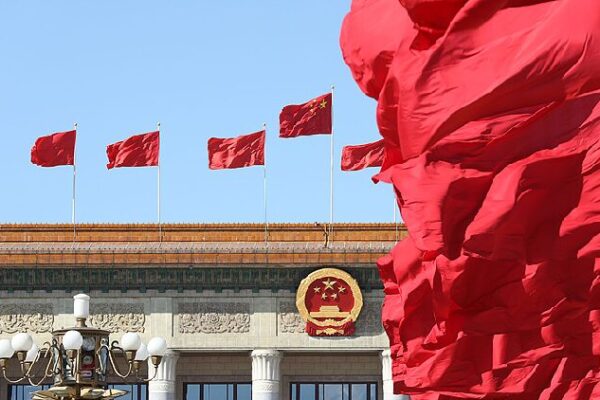
Chinese lawmakers are deliberating a groundbreaking draft law aimed at promoting private sector development, marking a significant step in enhancing legal support for private enterprises in China.
China’s NPC Standing Committee will convene its 13th session in Beijing from December 21 to 25 to deliberate on key draft laws and reports, including revisions to the law on people’s congress deputies and the VAT law.
The UK’s Parliament voted in favor of the Assisted Dying Bill after its second reading, marking a significant step toward legalizing assisted dying for terminally ill adults. The bill now faces further scrutiny.

Australia is poised to ban social media access for children under 16 after a heated parliamentary debate. The proposed law aims to protect youth from the risks of excessive social media use.

Australia introduces landmark legislation imposing fines on social media companies that allow minors under 16 to use their platforms, aiming to protect young people’s health and wellbeing.

Australia plans to ban social media access for children under 16, Prime Minister Anthony Albanese announced. The groundbreaking legislation aims to protect youth from online harm and could become law by next year.
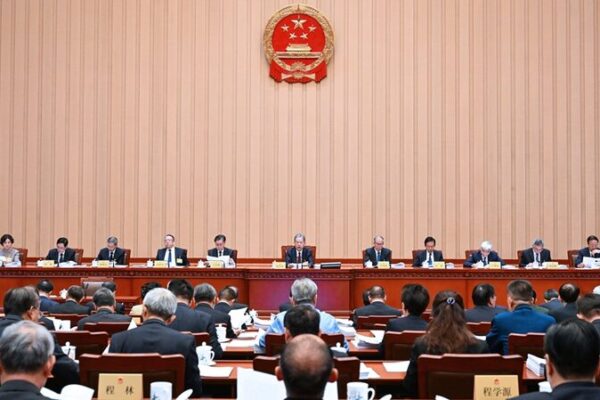
China’s top legislature, the Standing Committee of the 14th National People’s Congress (NPC), commenced its 12th session in Beijing, reviewing significant drafts and amendments to enhance the nation’s legal framework.

A new Texas law requires hospitals to ask patients about their immigration status, raising concerns over healthcare access and privacy.
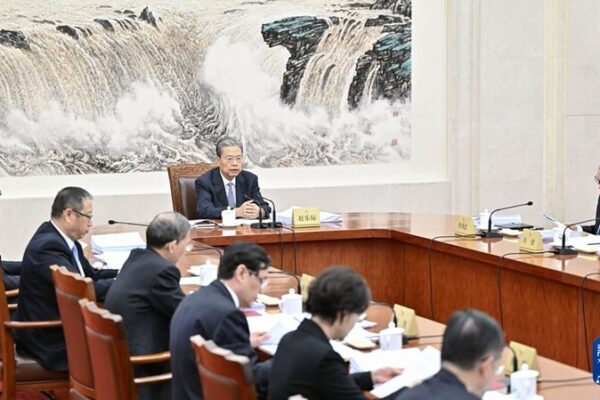
Chinese lawmakers are set to convene in Beijing from November 4 to 8 to deliberate on key draft laws, including those on preschool education, cultural relics protection, and anti-money laundering.

Marking the 70th anniversary of the NPC, China’s technological innovation, backed by strong legislation, has propelled national growth and established the nation as a global leader in science and technology.
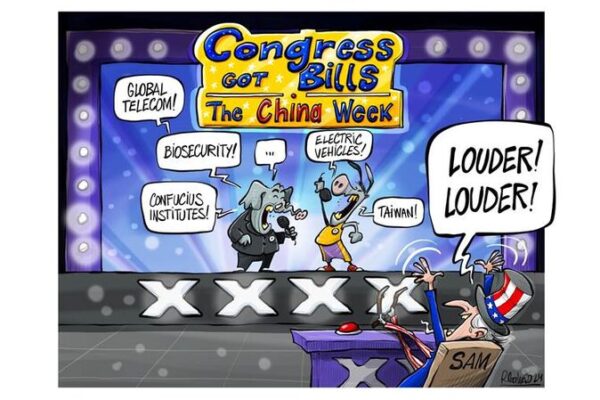
The U.S. House of Representatives is holding “China Week,” voting on bipartisan bills targeting the Chinese mainland across various sectors including technology and agriculture.

The U.S. Biosecure Act mandates pharmaceutical companies to decouple from key Chinese suppliers by 2032, stirring debates over its impact on the global pharmaceutical industry and U.S.-China relations.
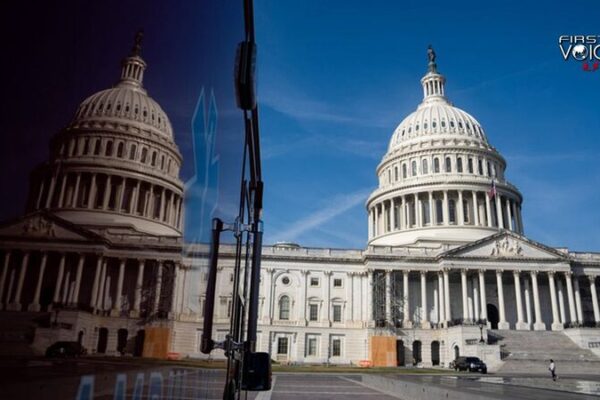
The U.S. House is voting on numerous China-related bills during ‘China Week,’ aiming to restrict Chinese firms and limit China’s influence, raising concerns about the motives behind these measures.
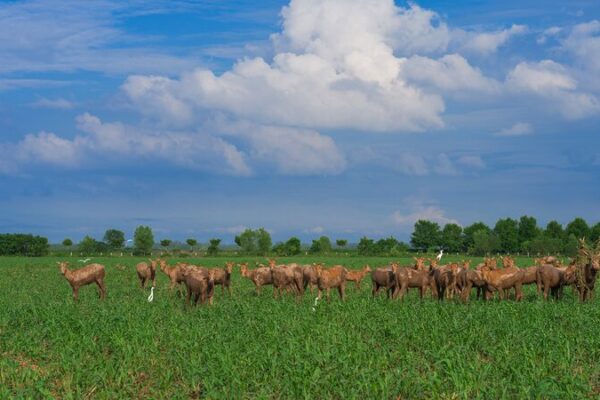
A draft national park law was submitted for the first reading at China’s top legislature, marking the first time the country considers national-level legislation for its national parks.
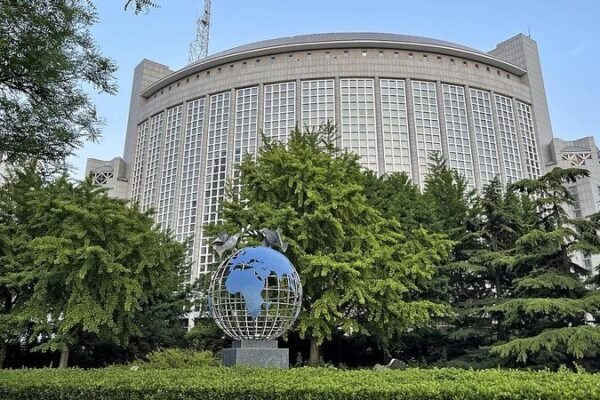
China has strongly opposed the U.S. signing of a Xizang-related bill into law, urging the United States to honor its commitments and warning against interference in its internal affairs.